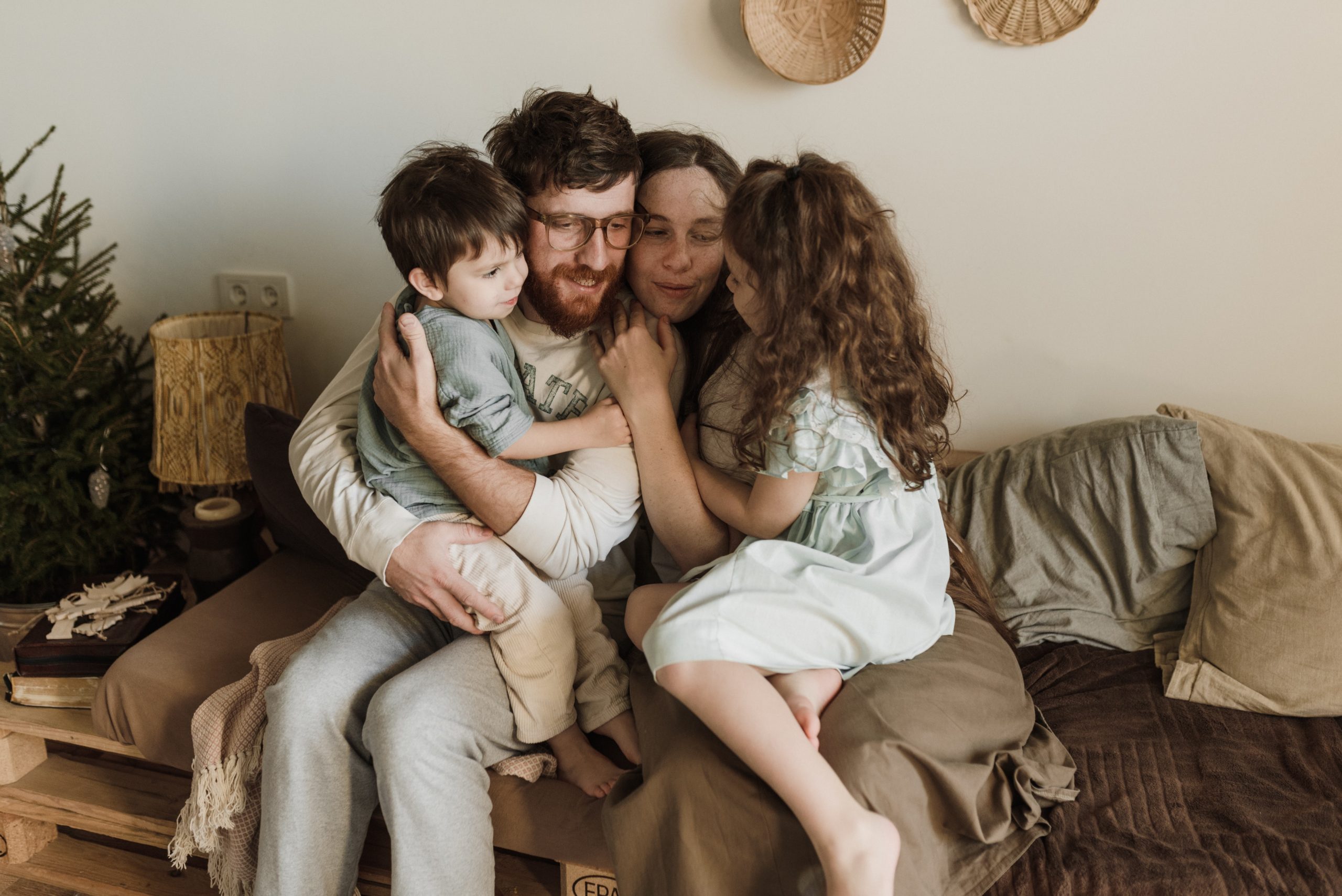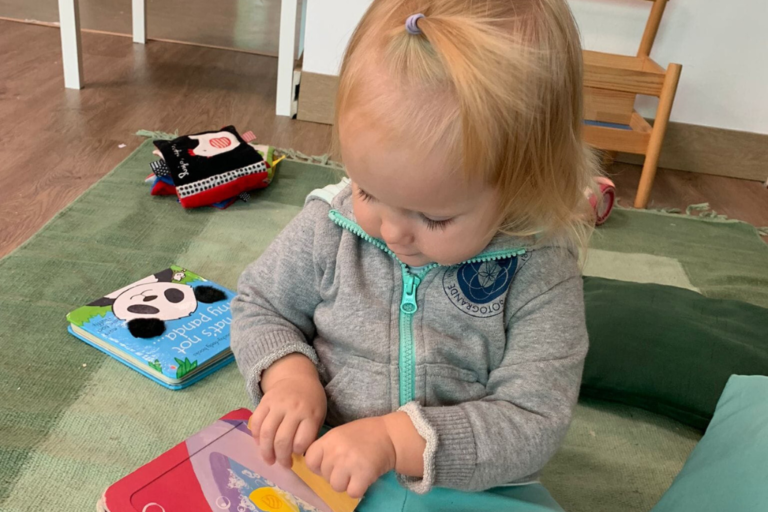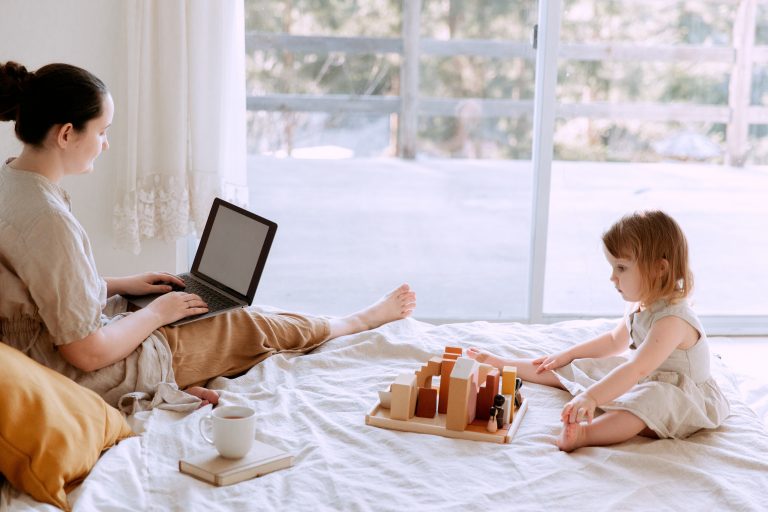“Positive discipline” by Olimpia Tardá
Freedom and discipline are concepts that create confusion and that each family interprets differently. These interpretations will lead to the application of certain educational guidelines and styles that cause us to be parents who are more or less permissive, controlling, affectionate…
From a more conventional viewpoint, discipline tends to be confused with correction and punishment. In this case, parents wonder: How do I control my child’s behaviour? The techniques that are applied from this model would be those aimed at modifying negative behaviours through punishment or lectures, and awarding kids with ‘stars, points, money, sweets…’ to encourage good behaviour. Within this model, freedom would be viewed in the same way as something adults impose on children. In other words, I – as the adult – let you do what you want and I don’t set limits because I want you to grow up with freedom, without conditions that could influence you, so you can develop your own personality. However, ‘Letting children do what they want when they still haven’t developed self-control is to betray the idea of freedom’ (María Montessori, The Absorbent Mind).

Montessori schools are often labelled as free education centres, but that is not true. Nothing could be further from the truth. As María Montessori said, at our schools, the kids do not do what they want, but instead love what they do, and this has an enormous repercussion on the ambience of respect and warmth that can be felt in our classrooms. Our understanding of the concepts of freedom and discipline represent the foundation of our interactions with the children and how we work on their socioemotional development. In our model, we believe that discipline and freedom are abilities that the children bring with them and we, the adults, have to prepare their environment so that they can fully develop these skills.
Discipline is understood as the capacity of self-control, self-discipline and willpower, whereas freedom is understood as the ability to freely choose and accept the consequences of our choices. As parents and educators, we can help them to develop these skills by providing order and routines, as well as limits, which make children feel safe and secure. Limits have to be imposed naturally and make sense, focused on preserving safety and respect, getting along with others, and order. This concept would be closer to what is known today as a positive discipline.
Positive discipline entails a change of approach and a change in the question, from how do I control my child, to how do I accompany and support them so that they learn self-control and make responsible decisions? This discipline teaches skills and involves deciding what we are going to do as parents, firmly yet lovingly, instead of waiting for the child to ‘behave’. As they grow, we can involve them more in the process of searching for solutions. This will ensure that we keep building relationships with our children based on love and respect that will last a lifetime.









